What Can I Expect in Early Intervention?
The following 14 minute video walks you through what to expect in Early Intervention. You can watch professionals working in the state’s EI system interact with Ohio families, from the time of initial contact with EI through the creation of an Individualized Family Service Plan (IFSP).
Video: An Introduction to Ohio Early Intervention Program
This video is being reviewed for audio description.
What is Audio Description?
When Audio Description (AD) is enabled, descriptive language narrates what is on the screen. To learn more, visit our accessibility webpage.
Video Player Help
Kaltura Video Hosting: This website uses Kaltura, a video hosting company, to serve video content. If you are having difficulty viewing videos on this site, it may mean that your location (e.g., school district, organization) is blocking or filtering the Kaltura website. Please contact your IT personnel to resolve this issue.
Accessibility: We strive to make this website accessible for all users, including people with disabilities. To learn more visit our accessibility webpage.
Captions / Transcript
After hitting play you can access an interactive transcript for this video by selecting the Show Transcript icon![]() in the top right corner of the video when you select play.
in the top right corner of the video when you select play.
You can turn on captions by selecting the Enable Captions icon![]() in the bottom right corner. Captions can also be turned on by selecting the Settings icon
in the bottom right corner. Captions can also be turned on by selecting the Settings icon![]() , where you can also set your caption preferences.
, where you can also set your caption preferences.
When available, you can use Spanish subtitles for this video by selecting Settings![]() and choosing Spanish in the Captions drop down menu.
and choosing Spanish in the Captions drop down menu.
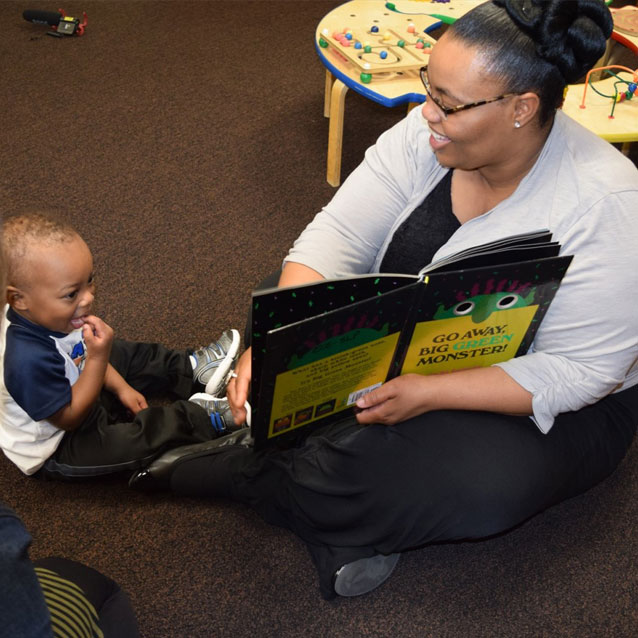
Referral (1:14)
- After your referral to Early Intervention has been made, someone from your local EI program will contact you to explain what you can expect in EI and what the next steps are. A service coordinator will also be assigned to your family.
- Before beginning any part of the EI process, your service coordinator will first explain each part and obtain your consent. You may withdraw your consent at any time and participating in EI is always voluntary.
- There is no cost to your family to meet and talk with your service coordinator.
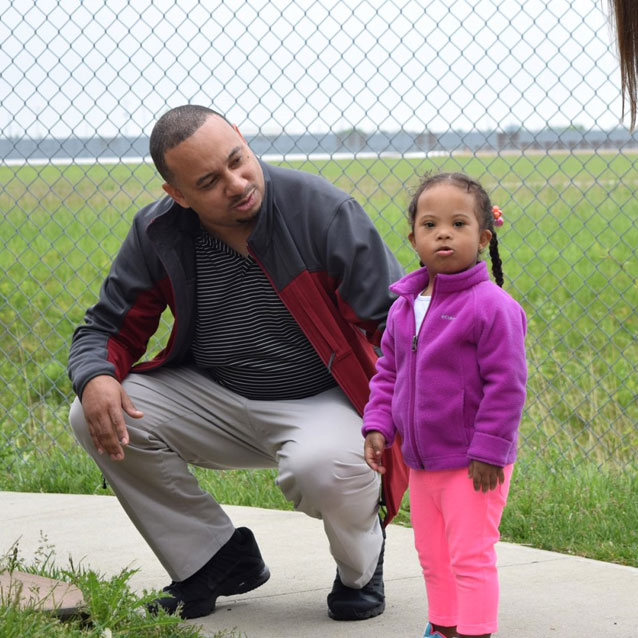
Eligibility (3:15)
- Before you can participate in EI, your child must be determined eligible. If you agree, your service coordinator will coordinate the eligibility.
- Eligibility for EI varies by state. In Ohio, some children who have certain diagnosed conditions are automatically eligible. Other children go through an eligibility determine process that will include an evaluation of your child’s development using information obtained from many sources, including information from you, an evaluation tool, observations of your child and review of your child’s medical records.
- Eligibility for EI is not income based and there is no cost to your family to determine whether your child is eligible for EI.
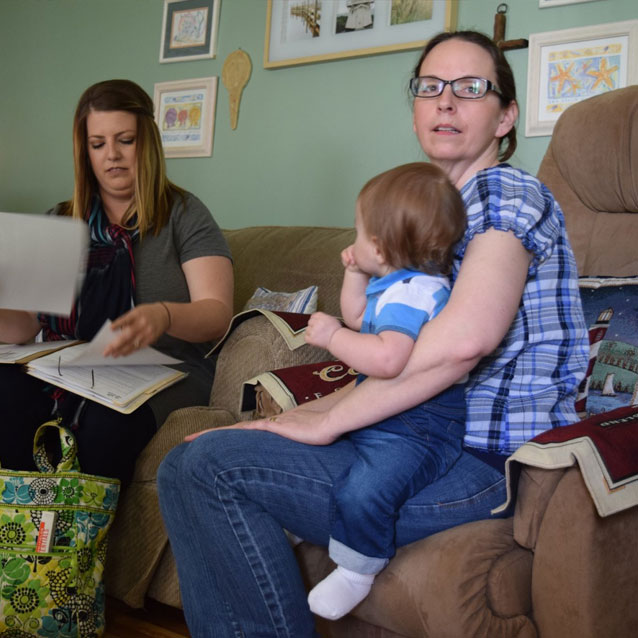
Assessment (4:08)
- If your child is eligible for EI, your service coordinator will get your consent to complete a child assessment. The point of the child assessment is to understand how your child participates in home life and to understand what you would like for your child to be able to do.
- During the child assessment, the assessment team will learn more about your child’s interests and abilities and your family’s routines and priorities. The team might try to schedule the assessment during a particular time and place to be able to see one or more of the routines that are important to your family to get support.
- Your service coordinator will also offer to complete a family-directed assessment. The family-directed assessment is voluntary, but it provides important information for the team. This assessment is another opportunity to better understand your family’s routines and priorities for your child. It is also a chance for the team understand other supports your family might need, like finding a medical home or securing transportation assistance.
- There is no cost to your family to complete the child and family-directed assessments.
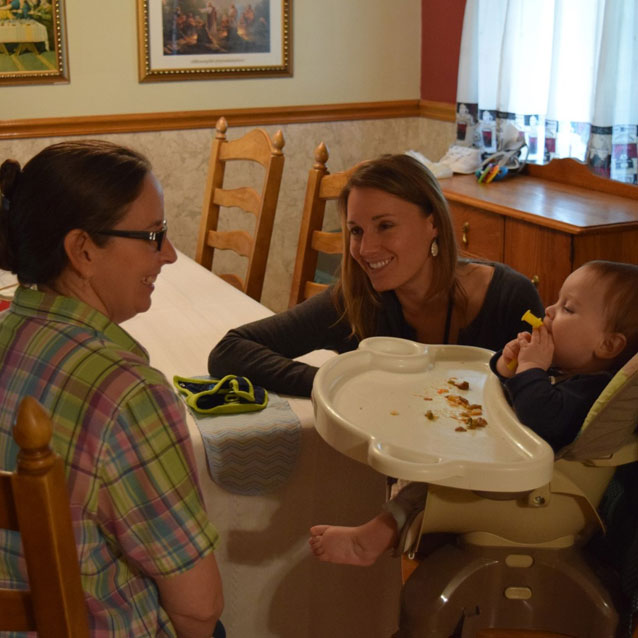
Individualized Family Service Plan (6:35)
- The Individualized Family Service Plan, or IFSP, is developed with you and your team. It uses the information obtained during the eligibility and assessment processes to develop the outcomes you would like to achieve. The outcomes on your IFSP are written based on what you want your child or family to be able to do within your family’s real-life routines and activities. They use your own words and focus on what is important to your family.
- The IFSP describes which service or services will be needed to help you meet the outcomes and when, where, and how those services will be provided and paid for.
- Once the IFSP is complete and you have signed it, it will be reviewed at least every six months at a time and place that works for you. You will always receive a copy of your IFSP from your service coordinator.
- There is no cost to your family to develop the IFSP.

EI Services (8:25)
- The services you and your team identify on the IFSP must begin within 30 days of your signing the IFSP. Services happen during the real-life activities that are important to your family. Some of these might be mealtime, diaper changing, time at the playground, or shopping. For an overview of what to expect in an Early Intervention visit, see this form.
- The services are aimed at supporting your family to make it easier for you to help your child participate in the activities that are important to you.
- The first 100 hours of services (or equivalent of assistive of technology) in a year are always provided at no cost to all families. If more than 100 hours are needed, your service coordinator will explain to you what those costs might be. Your service coordinator can also help you access your health insurance or Medicaid to pay for services.
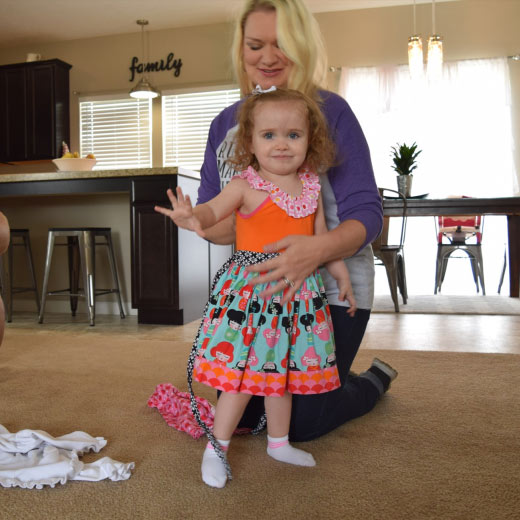
Transition
- When your child’s journey in Early Intervention comes to an end, families face many choices about what they will do next.
- Your service coordinator and EI team will support you as your family decides what will work best for your child.
- Many children in EI are eligible at age three for special education services provided by the Ohio Department of Education. Other families choose to enroll their child in child care or care for their child in their in home.
- With your consent and prior to your child’s third birthday, your service coordinator will arrange a transition planning conference with your family, your EI team, and the other people who will be serving your child after the age of three. Your IFSP will be updated to add the steps and services needed to make a smooth transition.
- Through it all, your EI team is here to support you support your child as your child makes this important transition.
